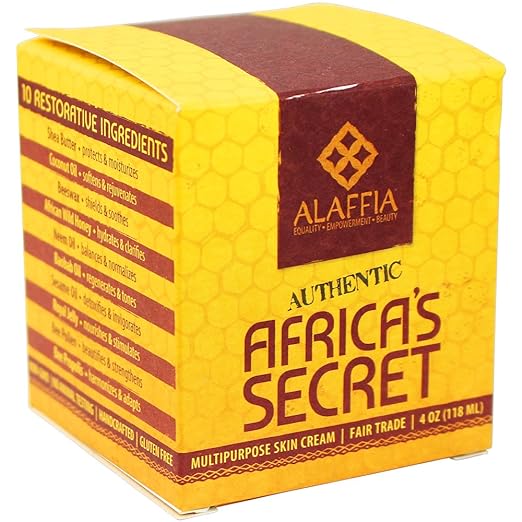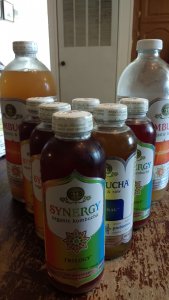- 18,904
- 1,184
- Joined
- Dec 28, 2004
Decided to take baby steps and ordered Hyperbiotics Pro 15 instead of the VSL 3. It's supposed to have incorporate a delivery method that keeps a reasonable number of bacteria alive through the digestion process. Anybody have any experience with it?
The first time i took it, (think i posted about it here) my stomach was churning 4-5 hours later...ji started looking up complications on the internet to make sure i was cool.
Next morning the toilet bowl looked like a disaster. but i felt cleared out and good (possibly placebo...)
I take it daily now, and doesnt effect me anymore.
I bought the 3x joint which is like 3 pills in one...but havent took it yet. Took 2 pills a few times, and no reall change.



